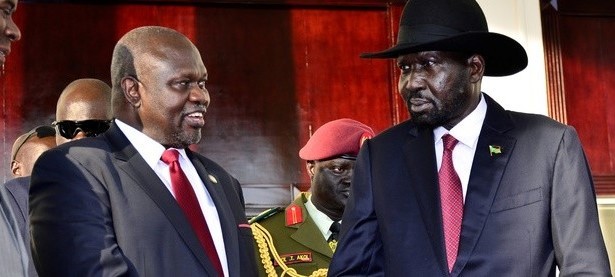The United States said it will impose visa restrictions against those who undermine or impede the peace process in South Sudan.
The decision—which will limit the ability of affected South Sudanese officials to travel to the US—comes weeks after Washington said it was re-evaluating its relationship with South Sudan after the country's leaders failed to form a unity government last month.
US Secretary of State Mike Pompeo said in a statement today that as the United States re-evaluates its bilateral relationship with the government of South Sudan, the Department of State will implement visa restrictions under Immigration and Nationality Act Section 212(a)(3)(C) against those who undermine or impede the peace process in South Sudan.
"Such visa restrictions could include immediate family members of these individuals," he added.
The statement did not specify how many or which officials will be targeted.
Pompeo stressed that the people of South Sudan have suffered enough while their leaders delay the implementation of a sustainable peace, saying that the South Sudanese deserve leaders who are committed to building consensus and willing to compromise for the greater good.
The United States, the top humanitarian donor to South Sudan, recalled its ambassador to Juba last month after President Salva Kiir and opposition leaders failed to form a transitional government.
On Tuesday, the Trump administration imposed sanctions on five South Sudanese security agents, who it says are responsible for the killing of two critics in 2017.
On November 12, President Salva Kiir and opposition leader Riek Machar were given 100 days to resolve their differences and form a unity government.
President Salva Kiir, opposition leader Riek Machar and a handful of other groups signed the peace deal in September 2018. However the parties have failed to create a unified army and determine the number of states since the deal was signed.




